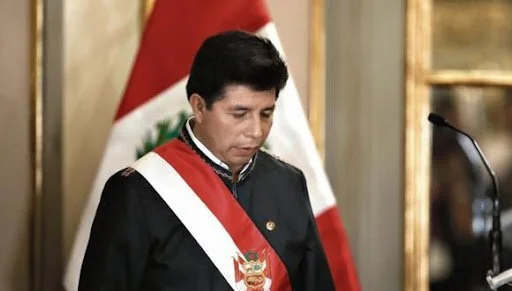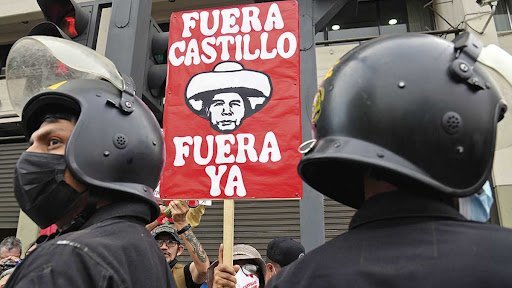Peruvian President Faces Second Impeachment Process
Castillo's disapproval rating has reached almost 70 percent after less than a year in power. Photo: Semana
Years go by, presidents change, but history keeps repeating itself. Peruvian politics is once again facing a presidential impeachment process. On March 8, representatives of the Fuerza Popular, Renovación Popular and Avanza País parties succeeded in reaching the signatures needed to initiate an impeachment motion against President Pedro Castillo Terrones. The president is being accused of moral incapacity in contradictions and alleged lies in tax investigations, such as the award of the Puente Tarata project to a company linked to the lobbyist Karelim López.
Eleven votes are necessary to end Pedro Castillo's presidential mandate in Peru. The debate for the admission of the impeachment motion took place on March 14 in a plenary session. The president's opposition managed to approve the impeachment debate in Congress with 76 votes in favor, along with 41 against and 1 abstention. As a result, the president of Peru has been called to the Congress on March 28 at 3 p.m. to exercise his right to defense.
Peru has had four presidents in a period of two years. Unfortunately, it has been inevitable to disassociate Peruvian politics from instability and the impeachment process is not an unusual phenomenon in the country. Only two years ago, Congress passed a trial against President Martín Vizcarra during a corruption scandal which led to his vacancy, even though he enjoyed a popularity rating of over 75 percent at the time.
It is important to note what grounds a president may be impeached on. According to Article 113 of the Peruvian Constitution, the Presidency of the Republic is only vacant in the case of: death of the President of the Republic; permanent moral or physical incapacity; declaration by Congress; acceptance of his resignation by Congress; leaving the national territory without permission from Congress or not returning to it within the established period; and dismissal after having been sanctioned for any of the infractions mentioned in Article 117 of the Constitution. Castillo’s accusations stem from the last point.
Castillo's disapproval rating has reached almost 70 percent after less than a year in power. Photo: Semana


